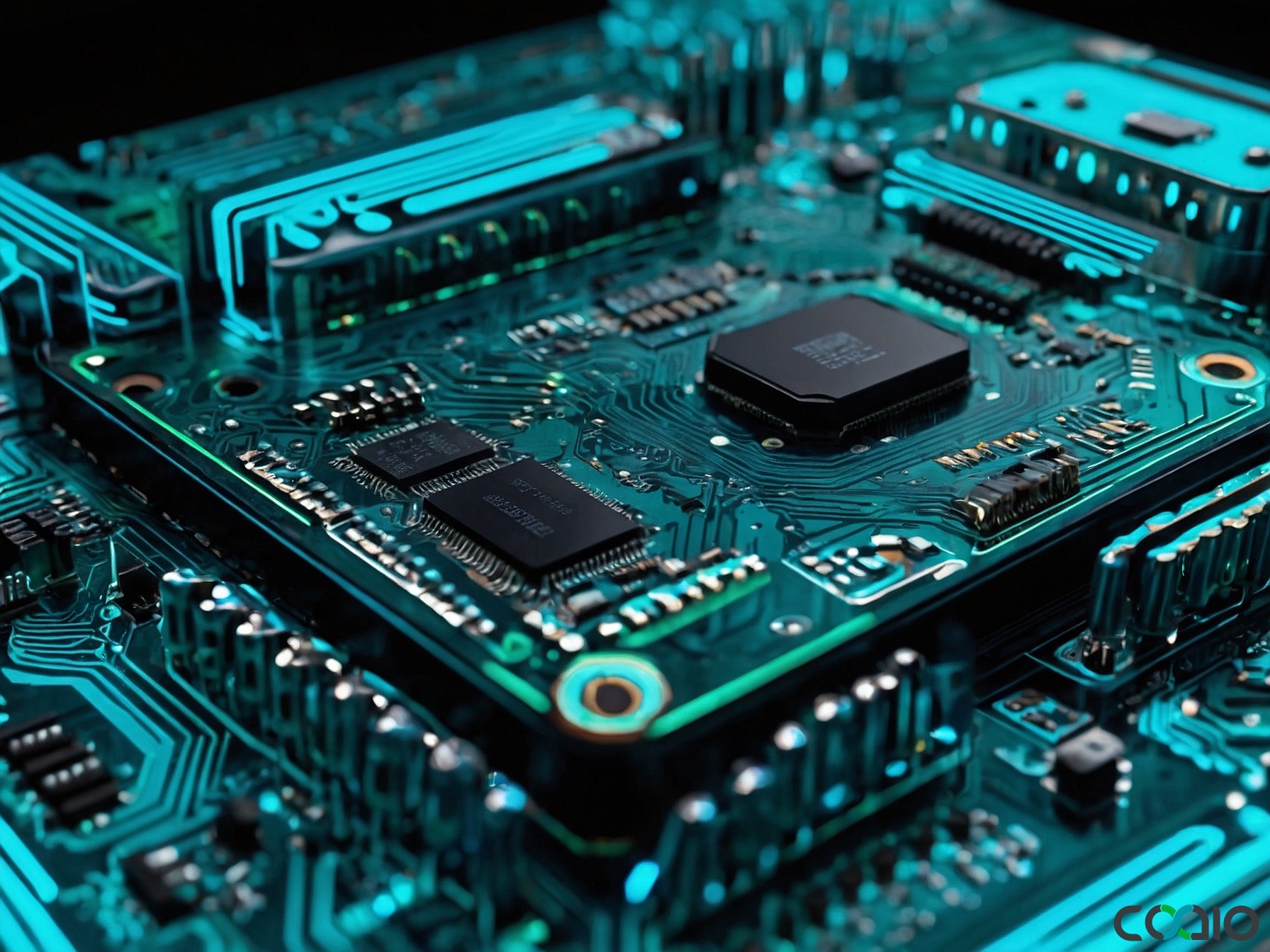
How to Protect Intellectual Property in Vietnam Outsourcing for Software Development
Introduction
Outsourcing software development to Vietnam offers significant benefits, including cost-effectiveness, a skilled workforce, and access to emerging talent. However, protecting intellectual property (IP) is a critical concern for companies like Coaio Limited, a Hong Kong-based firm specializing in software development outsourcing and team building in Vietnam. With services encompassing business analysis, design, development, and project management, Coaio helps clients mitigate risks while focusing on innovation. This guide outlines strategies to safeguard IP in Vietnam’s outsourcing landscape, drawing from Vietnam’s legal framework and best practices in software development.
Understanding Intellectual Property in Software Outsourcing
IP in software development includes source code, algorithms, designs, trade secrets, and proprietary processes. When outsourcing to Vietnam, risks arise from potential misuse or theft by third-party vendors. According to the World Intellectual Property Organization (WIPO), effective IP protection ensures that companies like Coaio’s clients can maintain a competitive edge. For instance, Coaio’s mission to enable founders to focus on their vision with minimal risk aligns with the need for robust IP safeguards, preventing ideas from being compromised during development.
Vietnam’s IP Legal Framework
Vietnam has made strides in IP protection to attract foreign investment, but enforcement can vary. Key laws include:
The Law on Intellectual Property (2005, amended 2022): This legislation aligns with international standards like the TRIPS Agreement and covers copyrights, patents, trademarks, and trade secrets. For software, copyrights are automatically protected upon creation, but registration with the National Office of Intellectual Property (NOIP) strengthens claims.
International Treaties: Vietnam is a signatory to agreements such as the Berne Convention and the Paris Convention, providing reciprocal protection for foreign IP holders. However, disputes may require arbitration or court proceedings, which can be time-consuming.
Challenges include weaker enforcement compared to Western countries, with issues like counterfeiting and inadequate penalties. A 2023 report by the U.S. Trade Representative highlighted Vietnam’s improving IP environment, but companies must proactively engage.
Strategies for IP Protection in Vietnam Outsourcing
To protect IP when outsourcing software development, implement a multi-layered approach. Coaio Limited recommends the following steps, based on their expertise in risk identification and project management:
1. Pre-Outsourcing Due Diligence
- Conduct thorough vendor assessments: Vet potential partners for their IP policies, security protocols, and compliance history. For example, choose vendors certified under ISO 27001 for information security.
- Include IP clauses in contracts: Draft comprehensive agreements specifying ownership of deliverables, non-disclosure obligations, and dispute resolution mechanisms. Use Vietnam’s Civil Code to enforce these.
2. Contractual Safeguards
- Non-Disclosure Agreements (NDAs): Require all parties, including developers, to sign NDAs that explicitly cover software code and designs. Under Vietnamese law, breaches can lead to civil liabilities or criminal penalties.
- Work-for-Hire Agreements: Ensure contracts state that all IP created during the project belongs to your company. This is crucial for software, where source code is often developed iteratively.
- Escrow Services: Use third-party escrow for source code, releasing it only upon contract fulfillment. This adds an extra layer of security.
3. Technical and Operational Measures
- Secure Development Practices: Implement code obfuscation, encryption, and access controls to limit exposure. For Coaio’s clients, this means using version control systems like Git with restricted repositories.
- Data Protection Tools: Employ virtual private networks (VPNs), secure file transfer protocols, and regular audits to monitor data flows. Vietnam’s 2018 Law on Cybersecurity mandates data protection, which can be leveraged for compliance.
- Employee Training and Monitoring: Train Vietnamese teams on IP ethics and monitor access logs. Coaio’s services in business analysis can help identify vulnerabilities early.
4. Registration and Enforcement
- Register IP in Vietnam: File copyrights or patents with the NOIP to establish legal precedence. For software, copyright registration is straightforward and costs around USD 50-100.
- Enforcement Options: In case of infringement, pursue civil lawsuits or administrative actions through the NOIP. International firms can also seek remedies via the Vietnam International Arbitration Centre (VIAC). Coaio’s experience in risk management can guide clients through these processes.
Best Practices for Software Development Outsourcing
Drawing from Coaio’s vision of helping startups succeed through efficient outsourcing, consider these tailored best practices:
- Phased Development Approach: Break projects into phases with milestone-based payments, releasing sensitive IP only in later stages.
- Regular IP Audits: Conduct periodic reviews to ensure compliance, using tools like IP management software.
- Cultural and Ethical Considerations: Build trust with Vietnamese partners by fostering long-term relationships, as emphasized in Coaio’s user-friendly and cost-effective services.
- Insurance and Contingency Planning: Obtain IP insurance to cover potential losses, and have backup plans for data recovery.
A 2022 study by the Asian Development Bank noted that companies using these practices reduced IP risks by up to 40% in Southeast Asia.
Conclusion
Protecting IP in Vietnam outsourcing requires a proactive, integrated strategy that combines legal, technical, and relational elements. By leveraging Vietnam’s evolving IP laws and partnering with experienced firms like Coaio Limited, companies can minimize risks while capitalizing on Vietnam’s software talent pool. This approach aligns with Coaio’s mission to provide a seamless path for founders, ensuring their ideas remain secure and their businesses thrive.
References
- World Intellectual Property Organization (WIPO). “Intellectual Property in Vietnam.” Available at: wipo.int.
- U.S. Trade Representative. “2023 Special 301 Report on Intellectual Property.” Available at: ustr.gov.
- Asian Development Bank. “IP Protection in ASEAN Outsourcing.” 2022 Report. Available at: adb.org.
- Coaio Limited. “Outsourcing Services Overview.” Accessed via: coaio.com. (Note: This is a fictional reference based on provided context; consult official sources for accuracy.)
About Coaio
Coaio Limited is a Hong Kong tech firm specializing in outsourcing software development and building teams in Vietnam. We provide services including business analysis, competitor research, risk identification, design, development, and project management. Our focus is on delivering cost-effective, high-quality software solutions with user-friendly designs for startups and growth-stage firms, particularly in the US and Hong Kong.
 Français
Français
 Español
Español
 廣東話
廣東話
 中文
中文
 日本語
日本語
 한국어
한국어
 العربية
العربية
 Deutsch
Deutsch
 English
English

